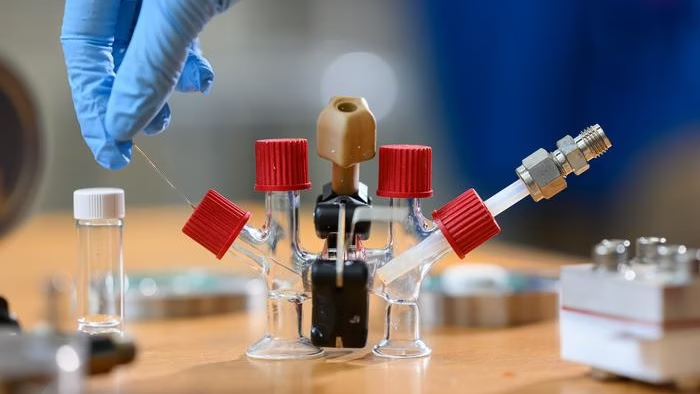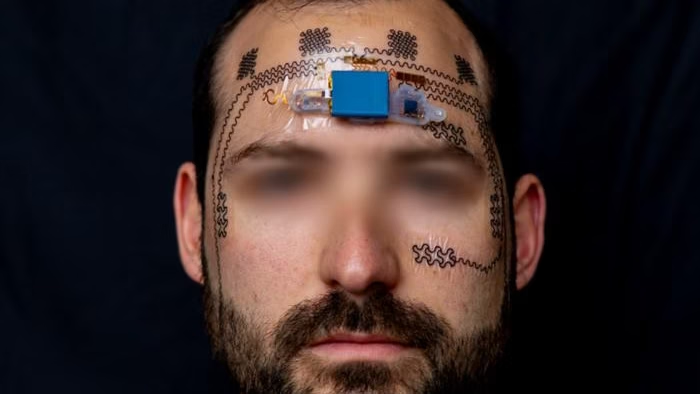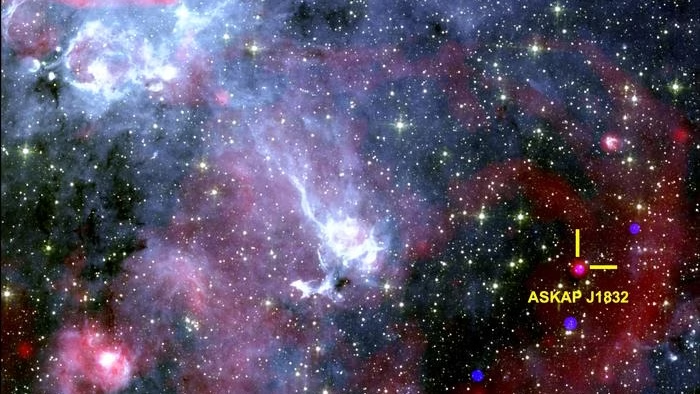Rolls-Royce, based in the UK, have secured £4.8m from the UK Space Agency for its £9.1m space nuclear Micro-Reactor project, advancing technology readiness over 18 months.
From Rolls-Royce 26/07/24

Rolls-Royce has secured funding from the UK Space Agency under the National Space Innovation Programme (NSIP), which adds more support for the development of its space nuclear power technology.
The new £4.8m award from NSIP Major Projects will help to significantly advance the development and demonstration of key technologies in the space nuclear Micro-Reactor.
The Rolls-Royce National Space Innovation Programme will have a total project cost of £9.1m and aims to progress the Micro-Reactor’s overall technology readiness level, which will bring the reactor closer to a full system space flight demonstration.
Over the next 18 months, in collaboration with academic partners from the University of Oxford and Bangor University, the project will develop the whole system design, underlying capabilities and key technologies.
The programme will help unlock the UK’s participation in the developing space nuclear power markets and clearly demonstrate the UK’s capability and readiness to move towards a detailed design. An initial flight demonstration is anticipated by the end of this decade.
To realise global ambitions in space, reliable power and propulsion is needed.
Limitations of existing power sources, such as solar, creates operational challenges to which nuclear fission reaction technologies are widely considered the solution, and an essential enabler for lunar surface activity.
Operating independently from the Sun, the Micro-Reactor can persistently and resiliently meet the significant power requirements to enable long-term exploration and scientific efforts on the Moon and in space.
Jake Thompson, Director of Novel Nuclear & Special Projects, Rolls-Royce, said: “We are delighted to win this award from the National Space Innovation Programme and to be continuing our collaboration with the UK Space Agency.”
“This funding is a pivotal point in our Micro-Reactor programme and will accelerate our technology progression, bringing us a step closer to powering inspiring human endeavours in space.”
“The future of space exploration is greatly dependent on the ability to generate high levels of consistent power and our nuclear Micro-Reactor is the solution that will offer safe, reliable and flexible power to a broad range of space missions.”
Dr Paul Bate, CEO of the UK Space Agency, said: “The National Space Innovation Programme will help kickstart growth, create high-quality jobs, protect our planet and preserve the space environment for future generations.”
“New projects like this one, led by Rolls-Royce, go to the heart of what we want to achieve as a national space agency that supports cutting-edge innovation, spreads opportunity across the UK and delivers the benefits of space back to citizens on Earth.”
This latest investment follows the announcement of £1.18M awarded to Rolls-Royce from the UK Space Agency in April this year, under Phase 2 of the International Bi-Lateral Fund.
This was preceded by £2.9 million of funding awarded in 2023 under the Lunar Surface Nuclear Power Contract and Phase 1 of the IBF project in 2023, which delivered an initial concept of a UK lunar modular nuclear reactor.
More info
https://www.rolls-royce.com/innovation/novel-nuclear/micro-reactor.aspx
You may also be curious about:
-

Skin bacteria help protect us from sunlight
-

New brain-reading video game reduces chronic nerve pain
-

Black tea and berries could contribute to healthier aging
-

Viral mouth-taping trend ‘sus’ says Canadian sleep expert
-

New sodium fuel cell could enable electric aviation
-

The most extreme solar storm hit Earth over 14,000 years ago, scientists identify
-

Electronic face tattoo gauges mental strain
-

Solitonic superfluorescence paves way for ambient temp quantum computing
-

Cosmic mystery deepens as astronomers find object flashing in both radio waves and X-rays
-

The rotors are also the wheels on this morphobot
-

Bed bugs are most likely the first human pest, 60,000 years and counting
-

What lurks beneath? Only 0.001 percent of the deep seafloor has been imaged
